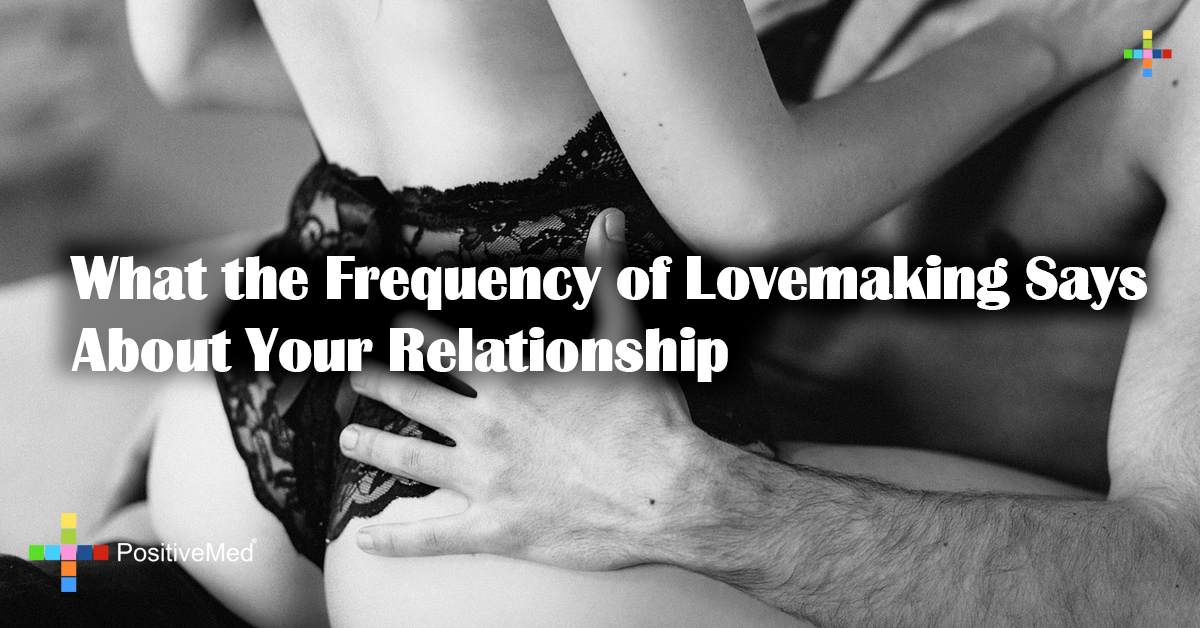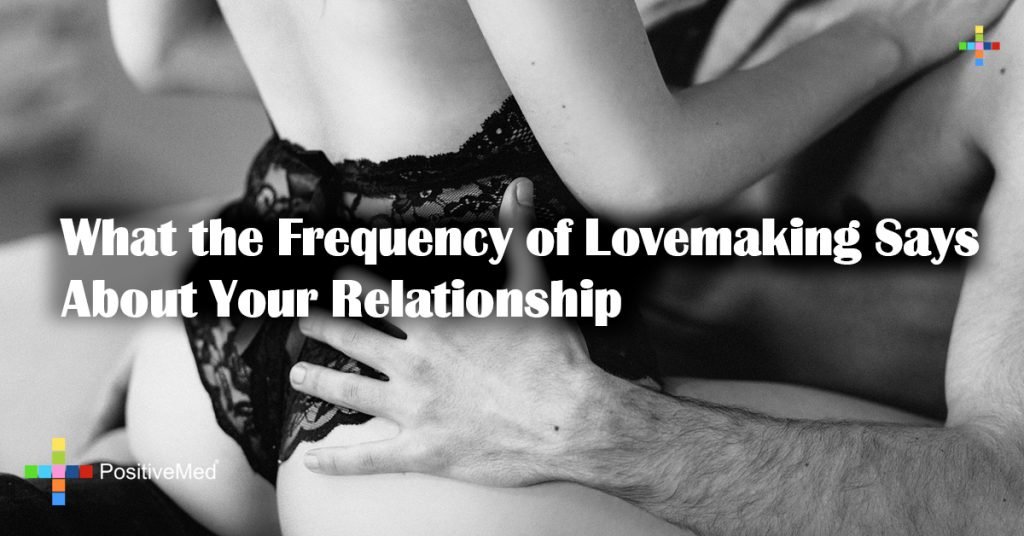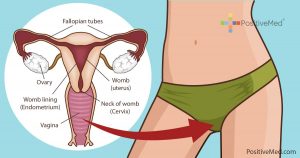
What the Frequency of Lovemaking Says About Your Relationship
So often in a relationship we can feel pulled in a million different directions. On one hand we are told that lovemaking doesn’t make the relationship, and on the other we feel pressured as though we are expected to have closeness all the time. Multiple studies have shown that couples report similar levels of happiness regardless of how often they have closeness, but a new study from Florida State University says many of these couples are hiding their true feelings, and they may not even know it.
• I Love You…I Think
216 newly wedded couples were asked several questions regarding their happiness with their spouse and their relationship. They were also asked to estimate how often they’ve had closeness over the course of the previous four months. Just as in the numerous studies that had come before, no correlation was found.
• Wait, There’s More
These couples were then put through a computerized word association task during which, a picture of their spouse would appear quickly, just before the word was displayed on the screen. The participants were asked to categorize the words as being either negative or positive. The purpose for this segment of the study was to gauge the participants’ automatic response to their spouse, and the results were revealing to say the least.
• Don’t Think, Just Feel
The overall result of this study showed that when couples were asked to self-evaluate, they all gave what they thought was the appropriate response. When asked to simply react in a process called, automatic behavioral response, participants revealed feelings for their spouse that maybe they themselves weren’t even aware of. During the automatic evaluations a correlation between frequency of lovemaking and an association of positive traits with their spouse emerged.
RELATED ARTICLE: No Doubts, More Lovemaking Makes Relationship Better (Research)
• So What Does This Mean
Some theories link this automatic response to biology and the desire to have a baby, thus, linking two people together. The less you desire having closeness with your partner, the greater the indication that you don’t want to be bound to them long term. Does that mean that less physical relationships are doomed?
• How Often Is Often
One question this study didn’t answer is exactly how often these happy couples were having closeness. A study from the University of Chicago may have the answer to that. As it turns out, the study not only confirmed that frequency of lovemaking increases relationship bliss, but they were also able to narrow that down to a number. On average, one lovemaking per week is the sweet spot. More than once a week showed no increase in relationship happiness.
• Where’s the Bias
Interestingly enough, the results from the studies mentioned were consistent with both men and women. While the Florida State University study surveyed newlyweds only, the University of Chicago study spoke with couples who had been together for varying lengths of time and were of varying ages. They also broached the issue of money as it relates to marital happiness. The study showed that frequency of lovemaking had a greater impact on happiness in a relationship than income. So while there is evidence to prove that money issues can break a relationship, lack of a physical relationship can be even more detrimental.
Don’t fret, all hope is not lost. Relationships go through a slump, it happens to the best of us. Sometimes just putting a little extra effort into the physical side of your relationship can help to rebuild and strengthen your bonds. The best bet is to admit to yourself that you and your spouse have become disconnected and make efforts to find your way back into each other’s arms.






